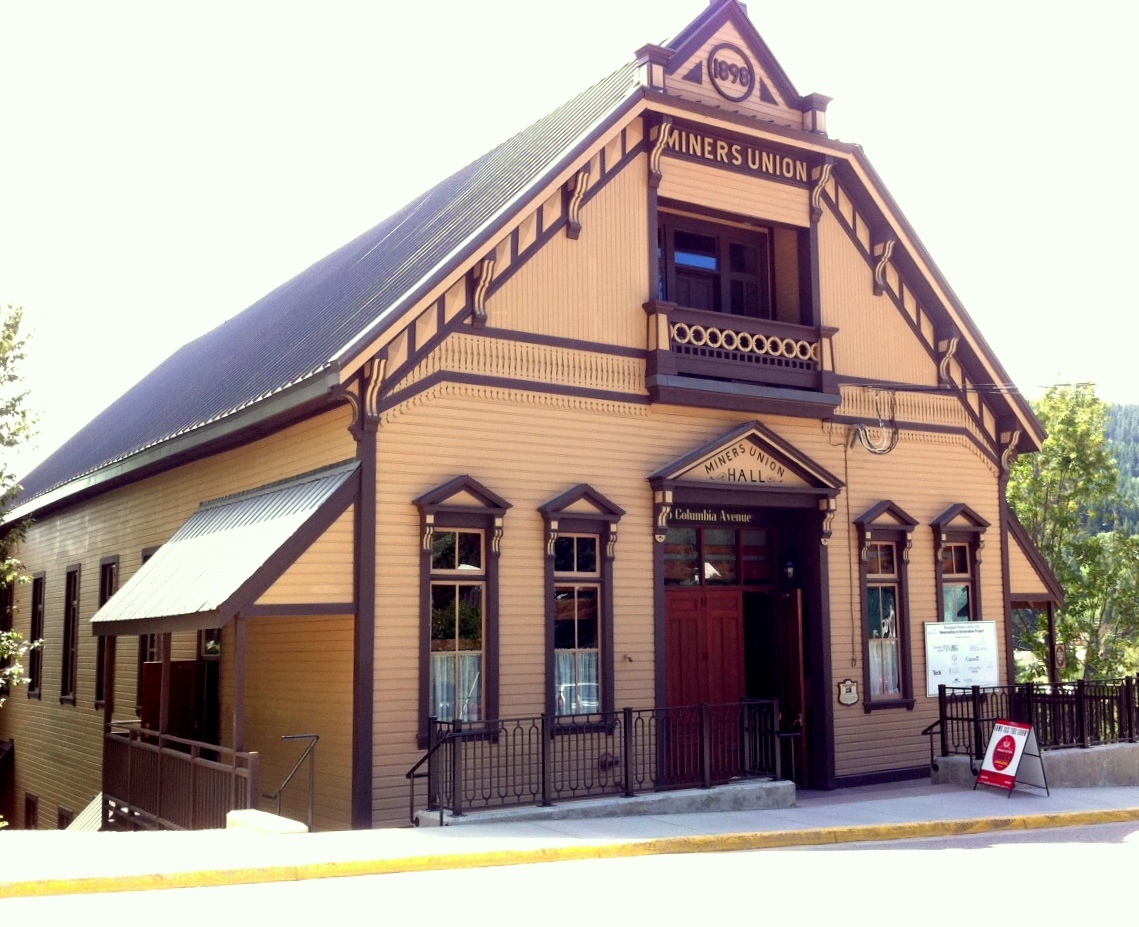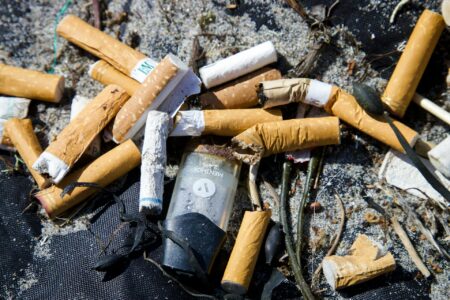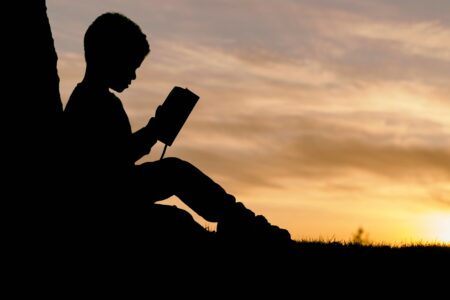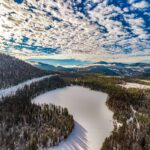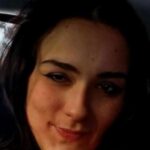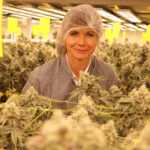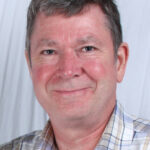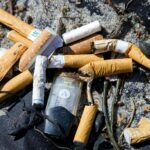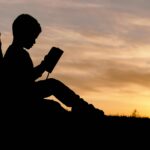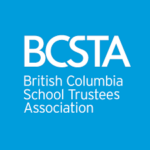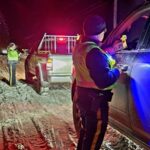COUNCIL MATTERS: Rossland City Council meetings, May 1, 2023
Tennis courts are open; Rossland has a “clean” audit; Curling Society active and thriving; more clarity about taxes; Harry Lefevre Square Project will go ahead – for a bit more money; a possible change to Public Input Period; Rossland Museum gets a grant; and more . . .
Present: Mayor Andy Morel, and Councillors Jeff Weaver, Stewart Spooner, Maya Provençal, Lisa Kwiatkowski, Eliza Boyce, and Craig Humpherys. Staff: CAO Bryan Teasdale, CFO Mike Kennedy, City Planner Stacey Lightbourne, Manager of Recreation & Events Kristi Calder, and Deputy Operations Manager Ryan Niddery.
Mayor Morel read out the City’s Territorial Acknowledgement.
1. PUBLIC HEARING:
Zoning Amendment Bylaw No. 2806 – Density Definition:
If approved, this zoning bylaw amendment will remove the percentage of parcel coverage by buildings from the definition of “density.” This would enable property owners to apply for a variance to allow them to build on a larger proportion of their property, which is not currently possible.
No members of the public spoke.
2. REGULAR COUNCIL MEETING:
PUBLIC INPUT PERIOD:
The owners of 990 Black Bear Drive spoke in support of their development permit application, to reassure people about the steps they are taking to ensure environmental protections during the construction of two tourist cabins.
Laura Pettitt spoke to announce that the tennis courts are now open to the public, seven days a week.
Melanie Mercier suggested a meeting with local experts about composting, and asked that consideration be given to a composting facility in Rossland, rather than having organic matter trucked far away.
Cezary Ksiazek asked how much the loss of the Hamm lawsuit will cost the City; he said there are so many rumours about it and it would be better for people to know the facts. He also wanted to know how the City is doing in its plan to encourage seniors’ housing.
DELEGATIONS:
Grant Thornton, LLP, Auditors: Ashley Ruggiero provided Council with an overview of the City’s audit for 2022. She noted that the City has a “clean” audit which is the highest level.
Kwiatkowski asked about the materiality level used, and whether the auditor is satisfied with the responsiveness of staff to questions. The auditor explained the application of different “materiality” amounts for different purposes, and answered that Rossland staff are very cooperative and responsive to audit questions.
Rossland Curling Society: Frank Conradie provided an update on the just-completed curling season, and information on planned renovations to the lounge and bar, as well as “community-wide plans for the upcoming season to help us celebrate 125 years of curling in Rossland.” Conradie listed their modernization, investments in equipment, governance work, and their financial summary, and he said the club had a wonderful season, with several fun and successful events. He described their renovation plans, including the outside stairs in a future year. Grants: Community Service Recovery — $16,000; ViaSport — $7,000; New Horizons — $22,500; CBT–$2,000 AED package; NDCU — $1,400, for Square POS; City of Rossland — $4,000 – COVID grant.
Conradie acknowledged that there are challenges – ice consistency, member registration and records, and “executive overload.”
Boyce commented that she is very impressed with the way the curling club has stepped up and progressed. Kwiatkowski and Morel expressed similar thoughts.
BYLAWS:
Councillors voted unanimously to adopt the following three bylaws that had all been discussed and given first, second and third readings at earlier Council meetings:
— 2023-2027 Five Year Financial Plan Bylaw # 2804
— 2023 Municipal Tax Rate Bylaw No. 2807
— Ophir Reservoir Local Area Tax Rate Bylaw No.2808
CITY OF ROSSLAND AUDITED FINANCIAL STATEMENTS FOR 2022:
Kennedy spoke to summarize the high points of the financial statements and to explain a number of details. He praised work done by Justin Brogan, accounting clerk, developing an accounting policy template which has been shared across BC and the country, to help other municipalities prepare for a new accounting standard regarding “Asset Retirement Obligations” (AROs) – such as the costs of dealing with asbestos in buildings, cleaning up contaminated sites when necessary, and so on.
Starting next year, municipalities will be required to recognize and record AROs on their financial statements to give a more accurate picture of their financial position. Rossland decided to adopt the new standards a year early, which led to Brogan’s work.
Kennedy mentioned again that the City does collect revenue for other entities, and has no control over the amounts those entities collect from Rossland — including but not limited to: the Province of BC, for school taxes ($2,215,157 in 2022) and for the police tax levy ($248,219); the BC Assessment Authority ($46,595); West Kootenay Boundary Regional Hospital ($224,545); and the Regional District of Kootenay Boundary ($1,708,097).
A motion to approve the 2022 audited financial statements CARRIED unanimously.
DEVELOPMENT PERMIT APPLICATION – 990 Black Bear Drive:
A motion to approve the application to build two “tourist cabins” on the property CARRIED unanimously, with a list of conditions to protect the adjacent stream, wetland and wildlife.
HARRY LEFEVRE SQUARE IMPROVEMENT PROJECT — Tender Results:
A motion to award ANR Construction Ltd. the contract to complete the Harry Lefevre Square Improvements project CARRIED unanimously.
A further motion to reallocate funding to increase the overall project budget also CARRIED unanimously.
It appeared that the only contractor to submit a bid for this project is willing to undertake the project for an amount that exceeds the budgeted amount by $4,199.00 and does not account for engineering services, architectural design, and project contingency. Staff recommended drawing funds from the General Capital Fund to ensure completion of the project. Teasdale noted that going ahead with reallocation of funding will require an amendment to the financial plan, as is usual when an unexpected expenditure occurs.
Spooner supported the project as being suitable for a resort municipality, and Kwiatkowski agreed that it’s an important improvement for the community. Boyce commented on the unsatisfactory locations of the limited number of “dog parking” spaces and asked if a dog tie-up point could be added there, and Teasdale responded that it would be a minimal cost. Lightbourne noted that the current “dog parking” spots were put in when dogs were prohibited on Columbia Avenue and the first block of Washington Street. Morel also supported the Harry Lefevre project as a very important to the community, and is not surprised by the unfortunate cost overruns.
REVIEW OF CURRENT PUBLIC INPUT PROCEDURES AT COUNCIL MEETINGS:
Council discussed the value of the Public Input Period as it is currently used, both to residents of Rossland and to Council.
Kwiatkowski commented that she does not want to remove the opportunity for engagement with the community, but is not in favour of tolerating comments and actions “that are counter to our safe workplace policies.”
Spooner agreed, but noted that other municipalities are taking much more drastic steps. He suggested limiting public input to items on the agenda, rather than allowing venting about whatever might be on a person’s mind. Provençal agreed with Spooner, and commented that residents have many other avenues for communicating with Council and Staff. She suggested requiring people to identify the agenda item they wish to address while they provide their names and addresses. Boyce would like the City to ensure that the City isn’t leaving an opening for bullying and abuse.
Weaver wanted to ensure that members of the public gallery do not approach Council members directly; Humpherys agreed with Weaver, but does not agree with limiting people’s comments to an agenda item; he feels that Council could miss out on valuable information.
Spooner moved to limit public input to agenda items.
Boyce was concerned about enforcement, and about disincentivizing people who want to provide their input in good faith. Morel commented that Council members and staff regularly receive and respond to email messages from residents expressing concerns.
Kwiatkowski said she’s happy to hear public input on any topic, whether or not it’s on the agenda. Weaver also said he’s not ready to limit input to agenda items.
Morel characterized City Council meetings as “business meetings” – dealing with the business of the City – and said that Councillors and Staff should be addressing and facing each other, not the public gallery.
The motion to limit public input to items on the meeting agenda CARRIED, 4 to 3, with Spooner, Boyce, Morel and Provençal in favour, and Weaver, Humpherys and Kwiatkowski opposed. No change will take effect until and unless the Council Procedure Bylaw is changed and the amended bylaw is adopted.
MADHU REQUEST TO USE CITY PARKS:
A motion to approve the request from Madhu to use City Park facilities for scheduled outdoor yoga and movement classes through spring, summer and fall of 2023, CARRIED unanimously.
Madhu is willing to meet the City’s requirements, including working with City staff to select dates, times and park locations to ensure their classes do not impact park maintenance or other events. Madhu will also provide the City with a copy of their insurance certificate naming the City as ‘additional insured’. Kwiatkowski noted that participation in the Madhu classes is by donation.
MEMBER REPORTS:
Boyce reported that the Rossland Museum received a Destination Development Fund grant of $1,000,000 from the BC government’s Ministry of Tourism, Art, Culture and Sport; the money will be used to further Phase II of the museum’s upgrades – the “mine tunnel experience.”
Spooner spoke about the Supreme Court of Canada decision in April of this year, recognizing that the Sinixt did not lose their identity and rights by moving within their traditional territory, and are still Aboriginal people of Canada. He expressed concern about whether the Rossland Museum is expressing the City’s position regarding the recognition of local Indigenous entities.
Morel and Humpherys referred to the AKBLG meeting and spoke highly of the event; Morel expressed appreciation for the ability to share experiences and learning from colleagues in other communities.
THE MEETING ADJOURNED, and your reporter stacked a couple of chairs before walking home in the lovely spring evening, and wondering how best to survive and help vegetable gardens survive the expected summer heat; and wondering how some people can ignore not only the findings of the world’s top climate scientists but also the rapidly accelerating and current real-life effects of climate change happening around the world, and can believe – and repeat — the falsehoods promoted by industry-funded deniers.


